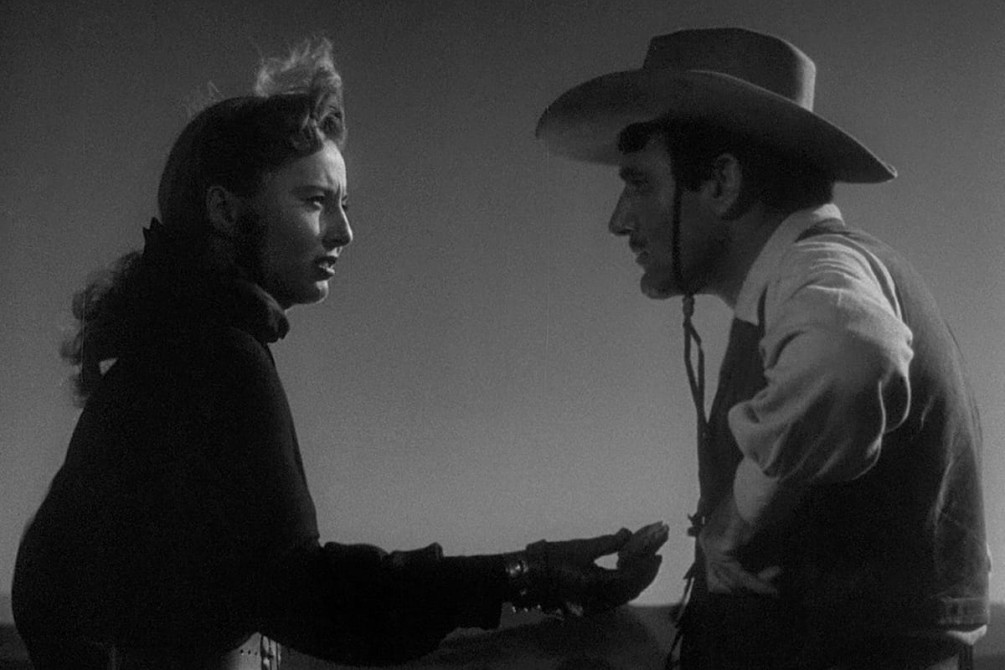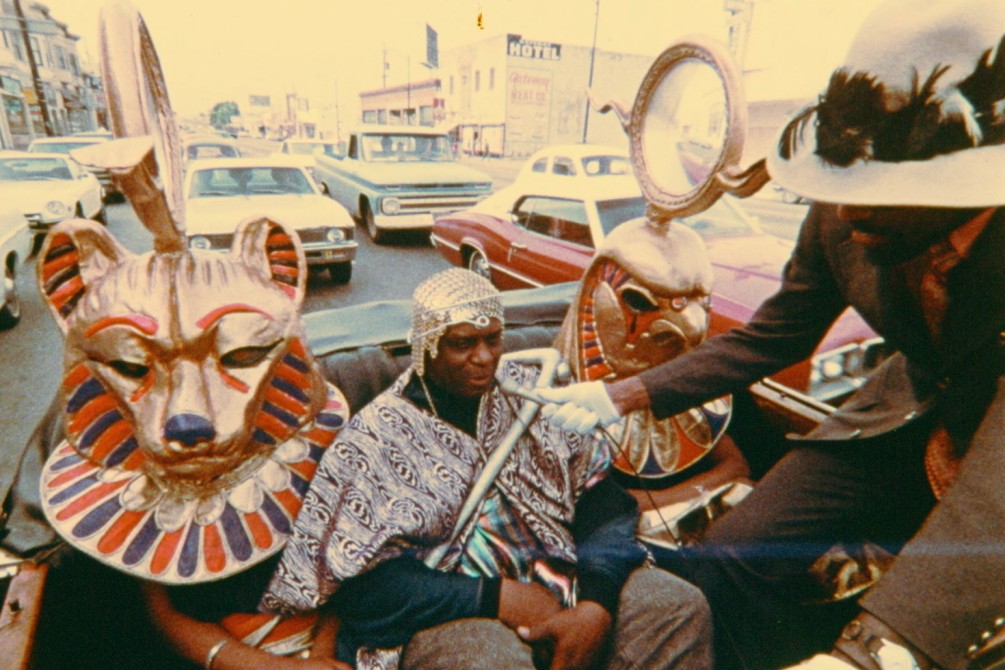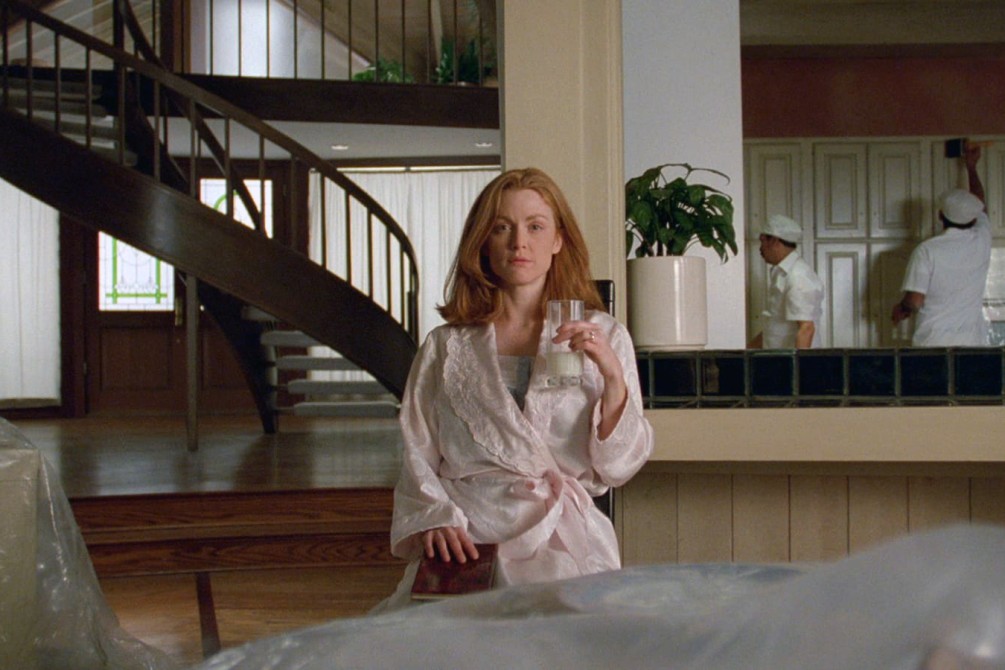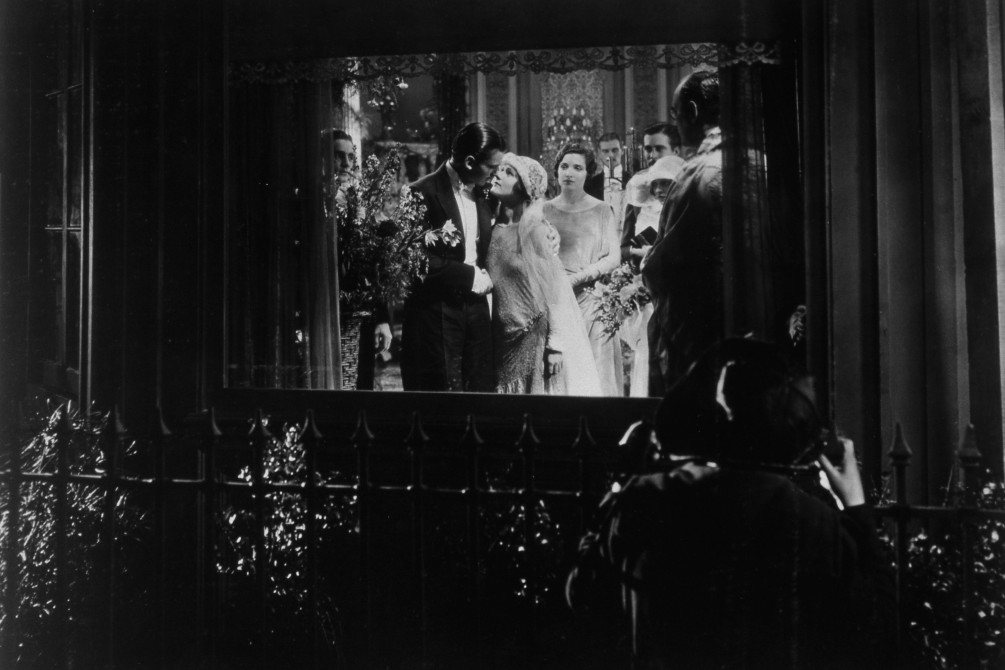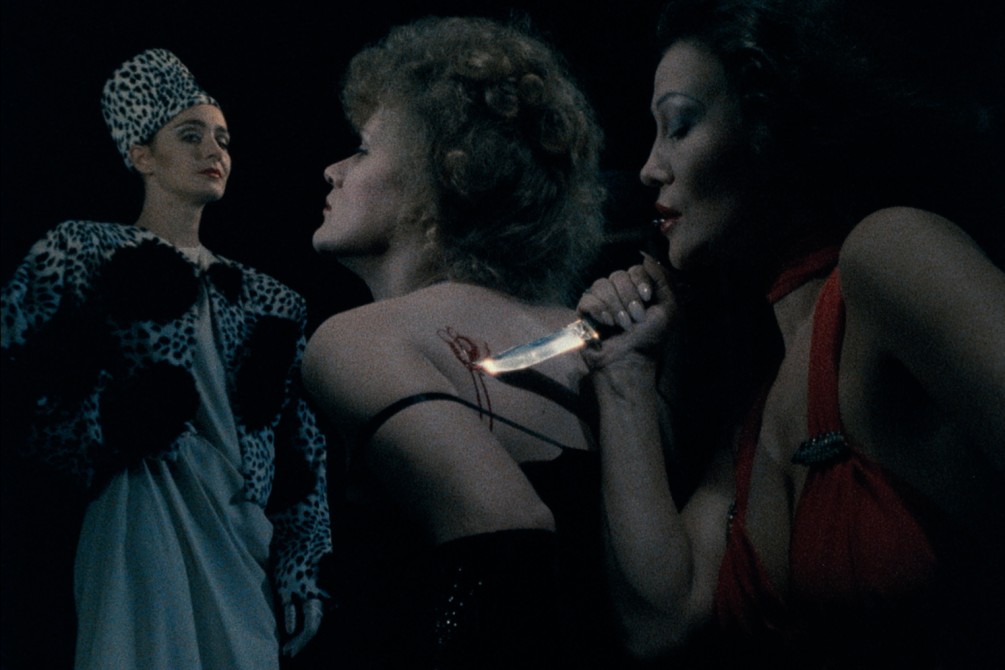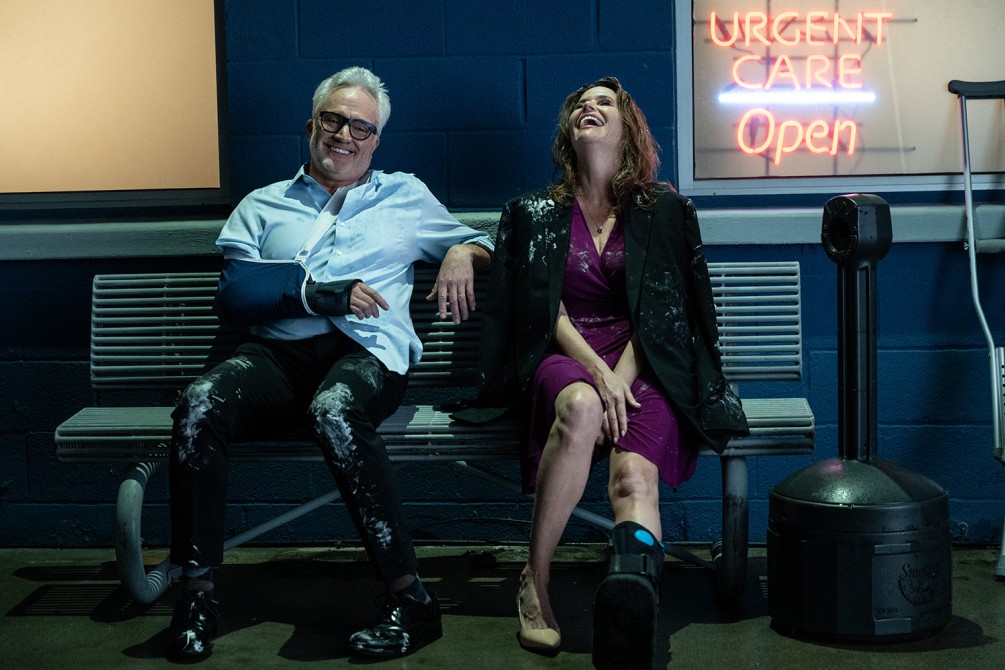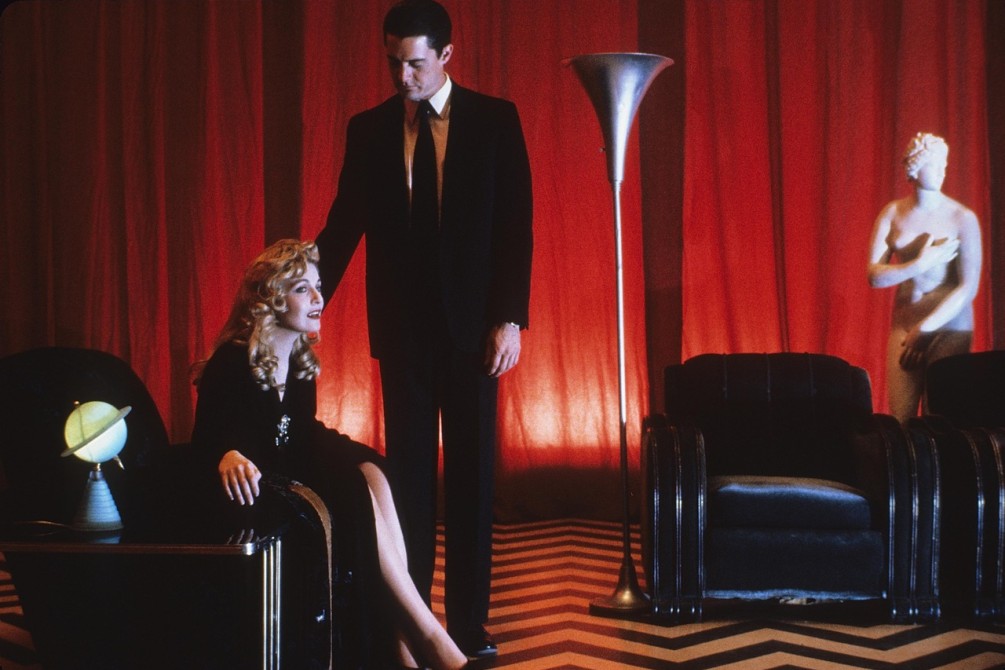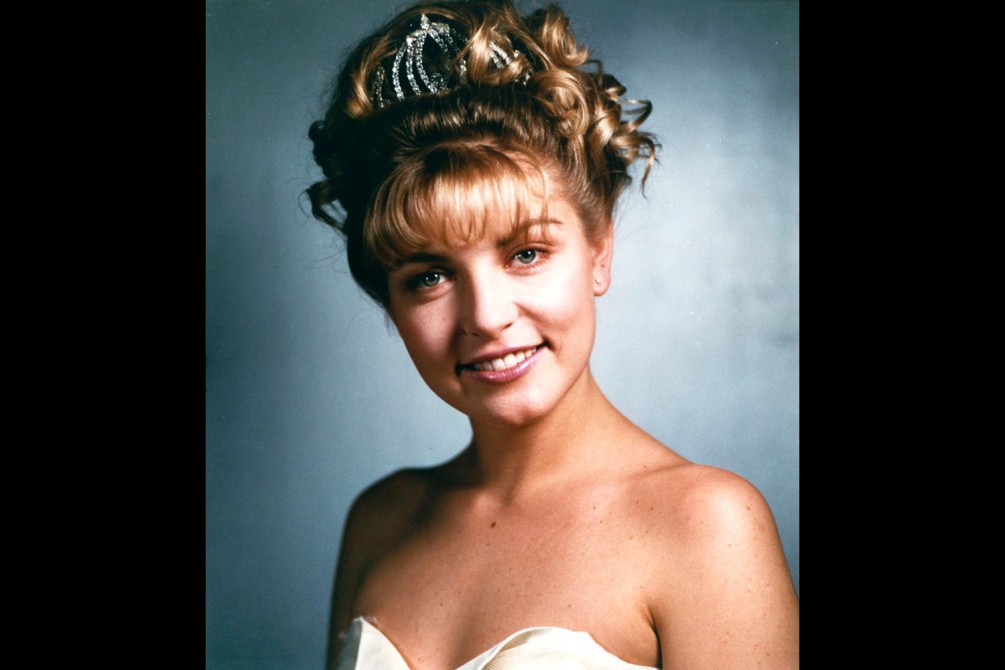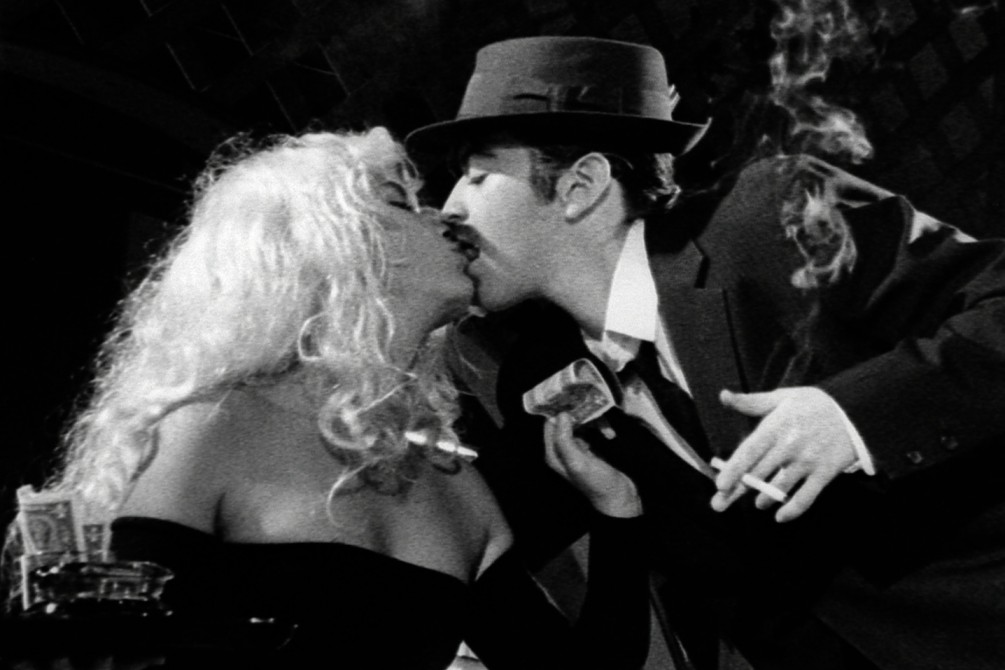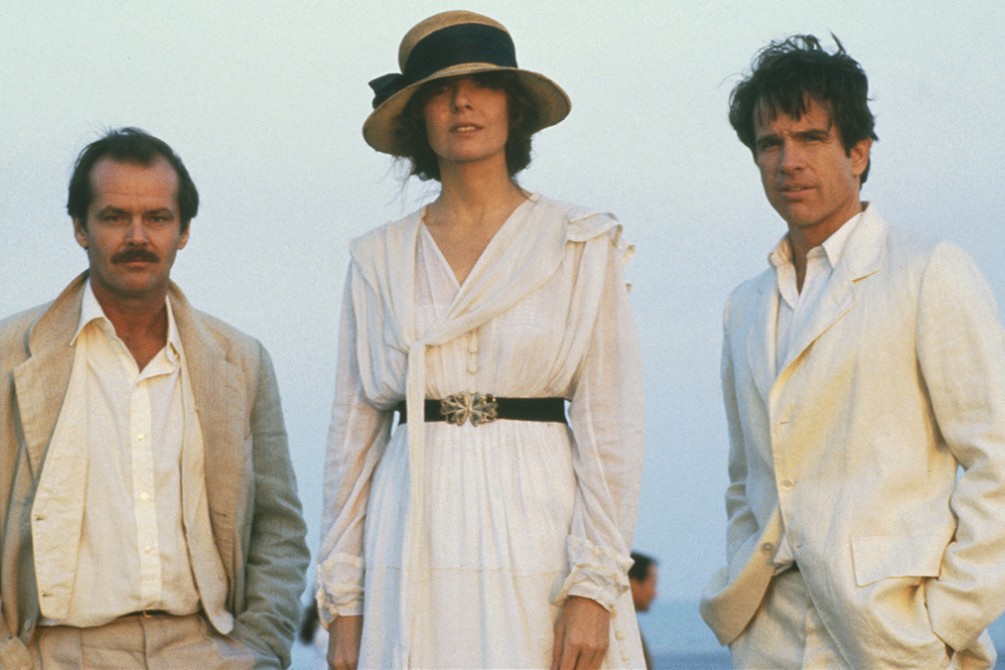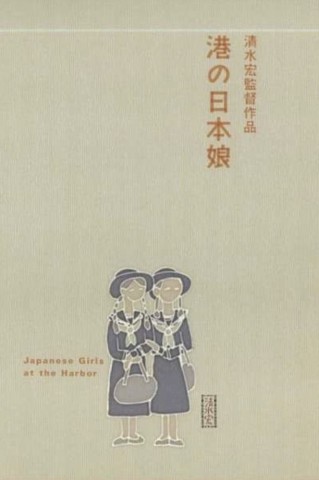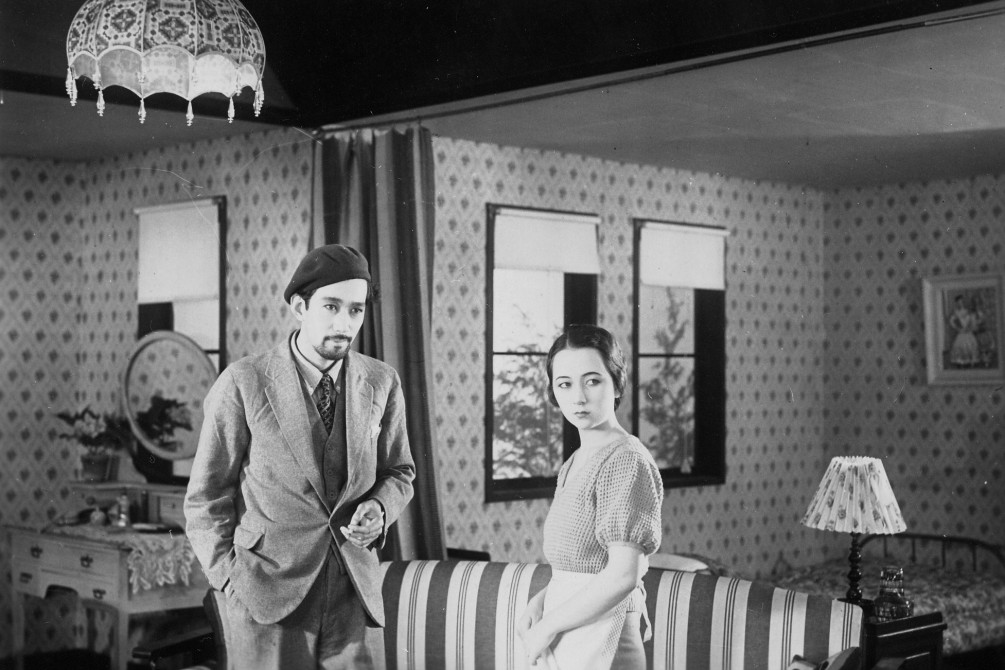
Presented by Chicago Film Society
Sponsored in part by Asian Improv aRts Midwest
Live musical accompaniment by MIYUMI Project Japanese Experimental Ensemble
Best friends Sunako (Michiko Oikawa) and Dora (Yukiko Inoue) attend a Catholic school together in the port city of Yokohama, a bustling gateway to Western fashions — and vices. Their dutiful existence is soon disrupted by Henry (Ureo Egawa), a wannabe gangster who rides a motorcycle through the hills. Sunako falls for him, but after she turns to impulsive violence to keep her man to herself, she exiles herself to Nagasaki. Years later, she returns to Yokohama as a geisha, with a wannabe bohemian boyfriend in tow, and finds Dora and Henry have married. An exquisite character study of old friends trying to rebuild their connections amidst doubt and distrust in a rapidly changing society, Japanese Girls at the Harbor plays like a melodrama with modernist flourishes. By the time he made this film, Hiroshi Shimizu had been working at Shochiku for almost a decade, often turning out ten feature films a year. The vast majority of Shimizu’s silent output is no longer extant, but if Japanese Girls at the Harbor is any guide, the loss is immense. Unlike his friend and Shochiku colleague Yasujirô Ozu, Shimizu did not lean heavily on prefab genre tropes, instead building the narrative through a number of eccentric stylistic choices (jump cuts, ghostly fade-outs) that suggest an engaged artist grappling with how to tell this particular story and breaking the rules as he saw fit.
Recommended Films
